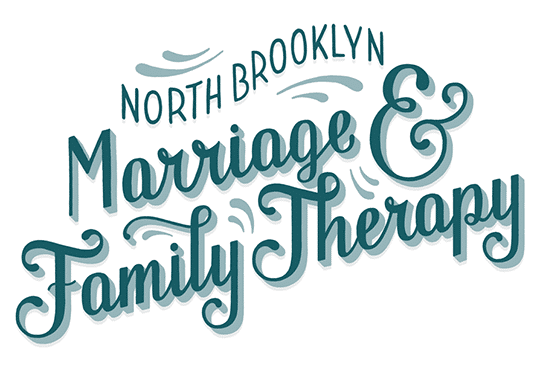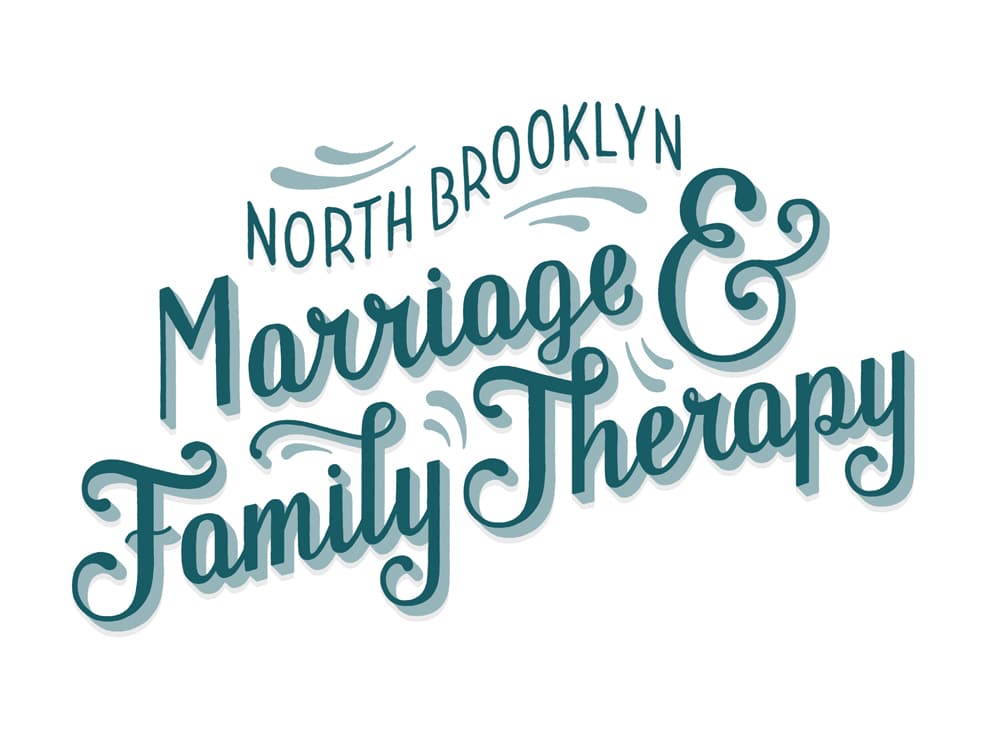
In all healthy relationships, platonic, familial, and romantic, communication is key. Effective communication can help you better understand those around you. As a result of effective communication, you successfully develop stronger, healthier, and more mature relationships. Even though conflict is a normal part of any relationship, it can also be an indicator that things aren’t working as well. Here are four ways to resolve disagreements in a healthy and mature manner.
1. Set Boundaries
Even during an argument or disagreement, everyone deserves to be treated with respect. Cursing, calling names, or ridicule is not okay during an argument. If this happens, it is totally acceptable to ask the person to stop. If they are not willing to speak with you in a respectable manner then explain that you don’t want to continue arguing with them at the moment and walk away.
2. Agree to Disagree
Sometimes with conflicts there’s no real agreement to come to other than that you both disagree with each other. If you find that you and your partner or friend are struggling to come to an agreement, just drop the subject all together. Focus on what really matters, which is never some petty argument.
3. Find the Root of the Issue
Arguements or conflicts can often be the result of some sort of underlying or unaddressed issue. This usually happens when one person feels like their needs in a relationship or friendship are not being met. If your partner is feeling upset about a particular housework chore, perhaps they feel as if they are bearing the entire burden of keeping the house. Usually a small conflict that escalates into a larger one is a result of another, much larger issue.
4. Find a Compromise
Compromising is a major part of conflict resolution. A compromise offers a solution to appease all parties involved in the conflict. While this may be the most important part of conflict resolution, it is also one of the hardest. Being able to find a middle ground that satisfies both people can quickly end an argument and preserve a relationship or friendship.
Even though conflict is normal, an argument should never turn into personal attacks against the other person. If you are finding that you are having trouble expressing yourself during arguments, counseling could be of help. Effective conflict resolution isn’t always something that’s innate. There are many ways to end an argument or conflict, however, none of those include verbal, physical or emotional abuse. Learn more about how we can help you or a loved one develop positive conflict resolution skills through counseling.


